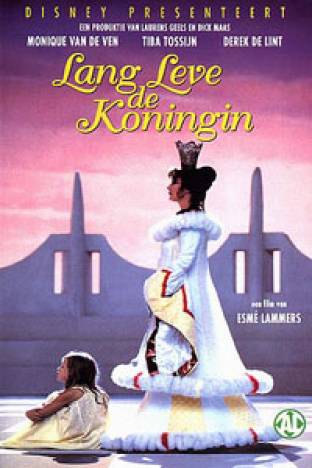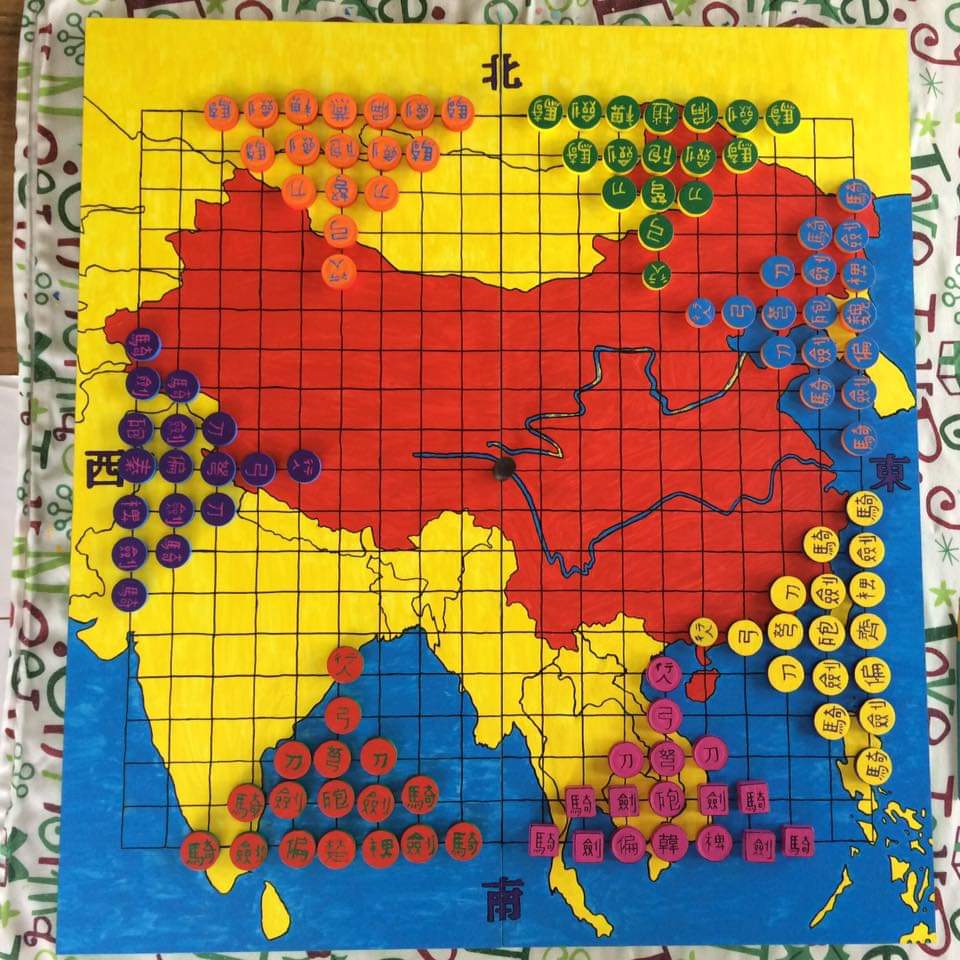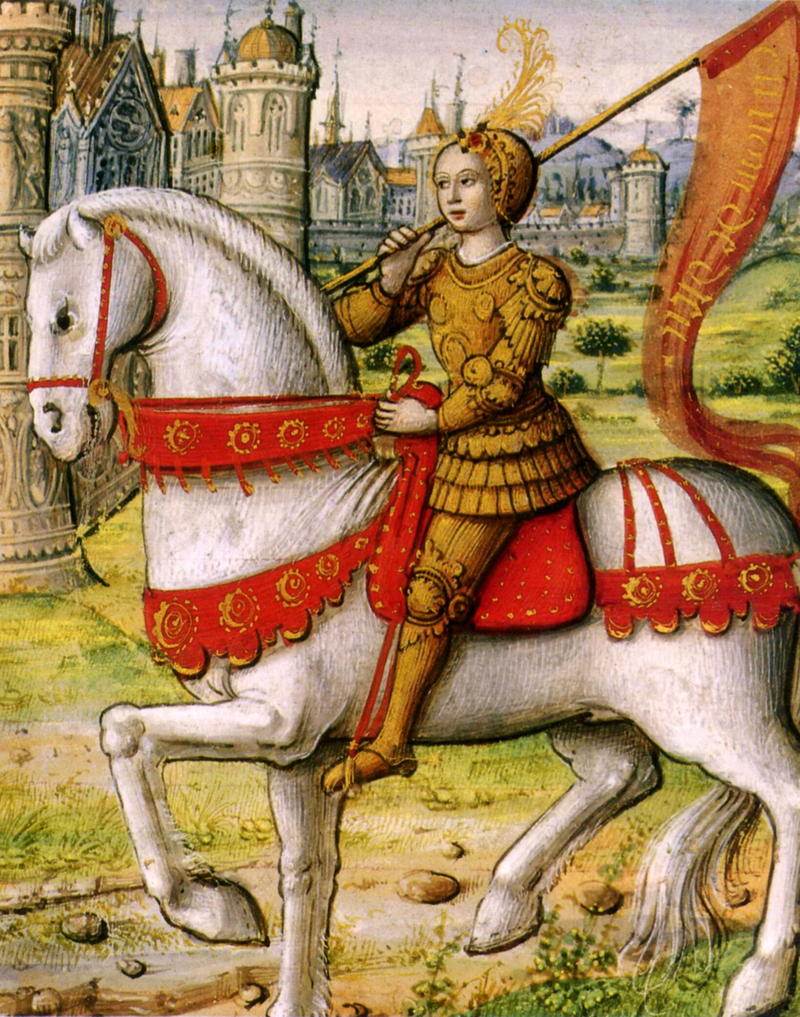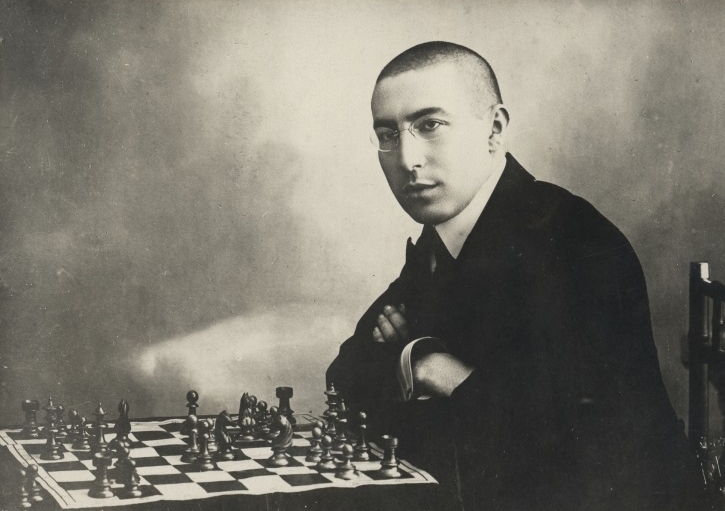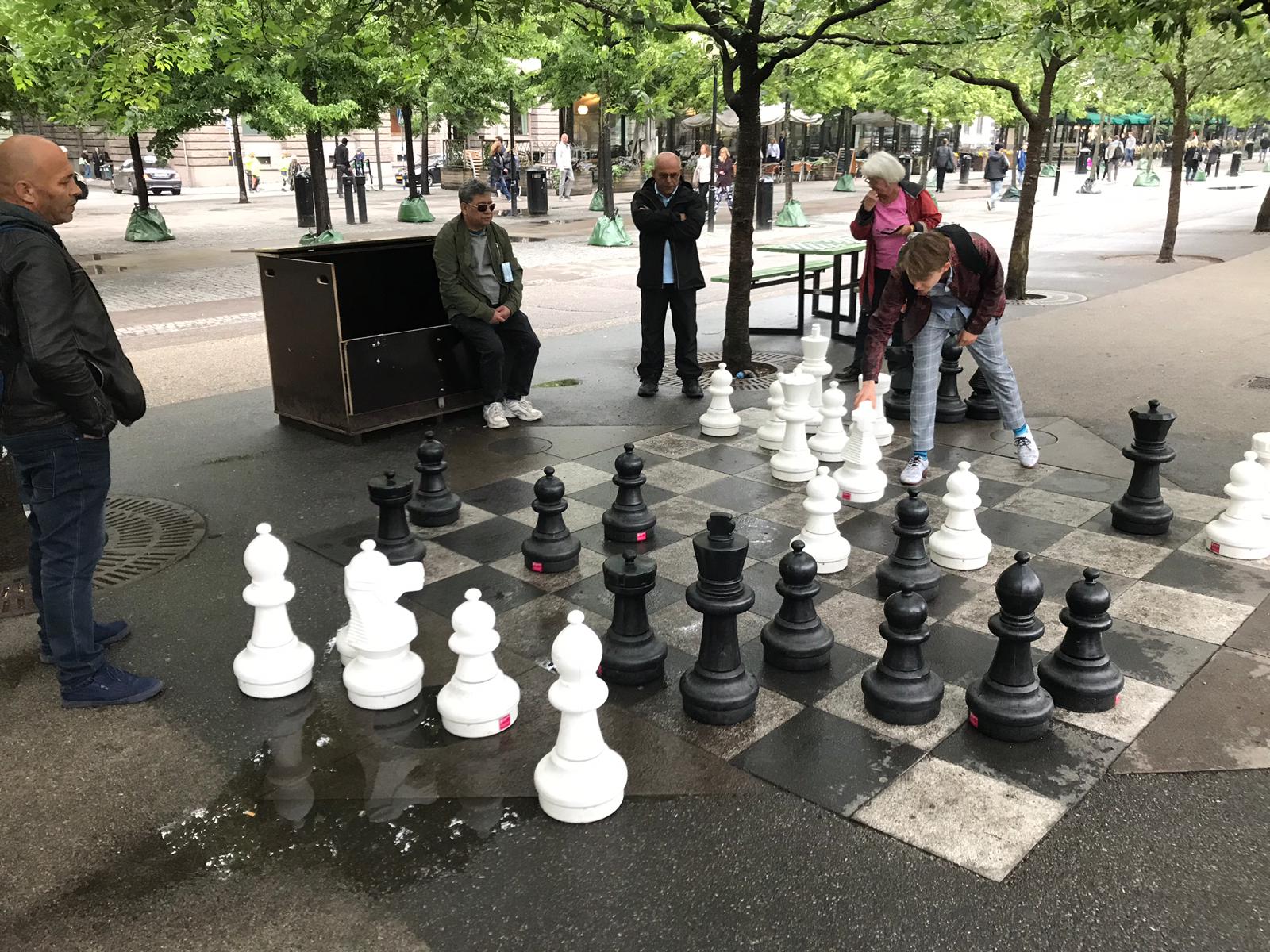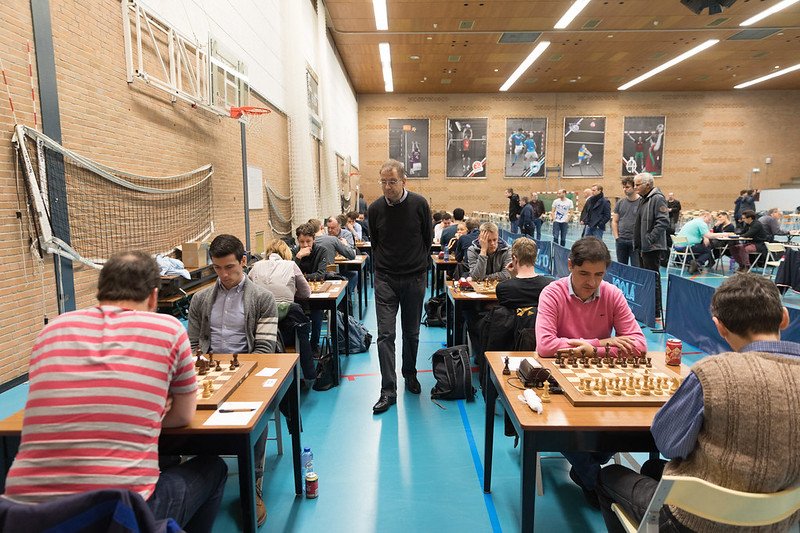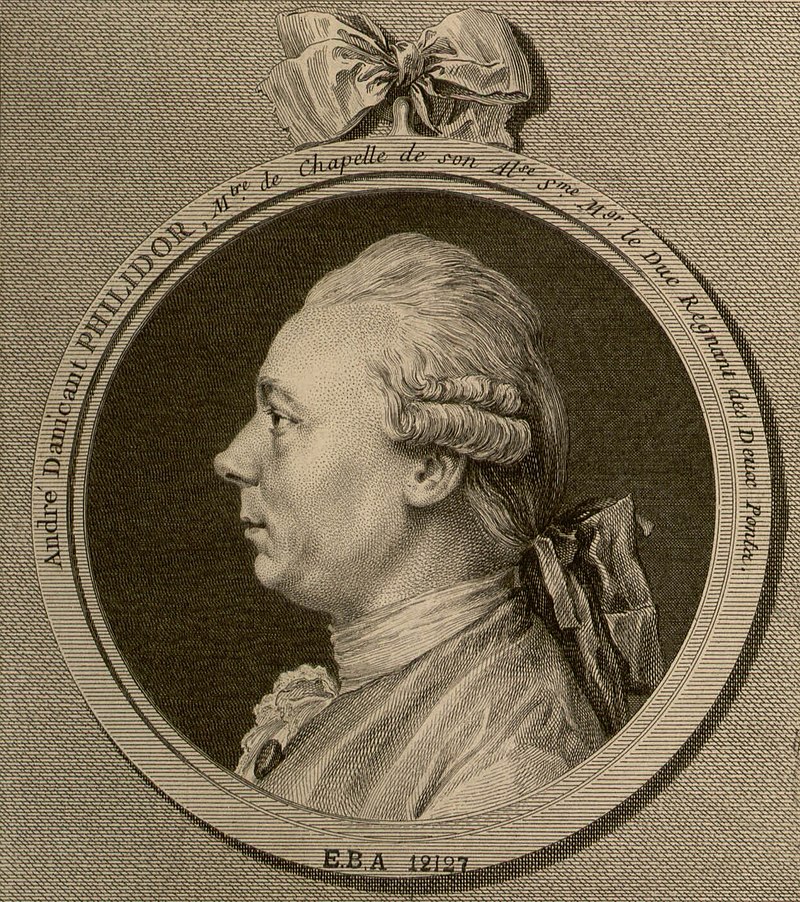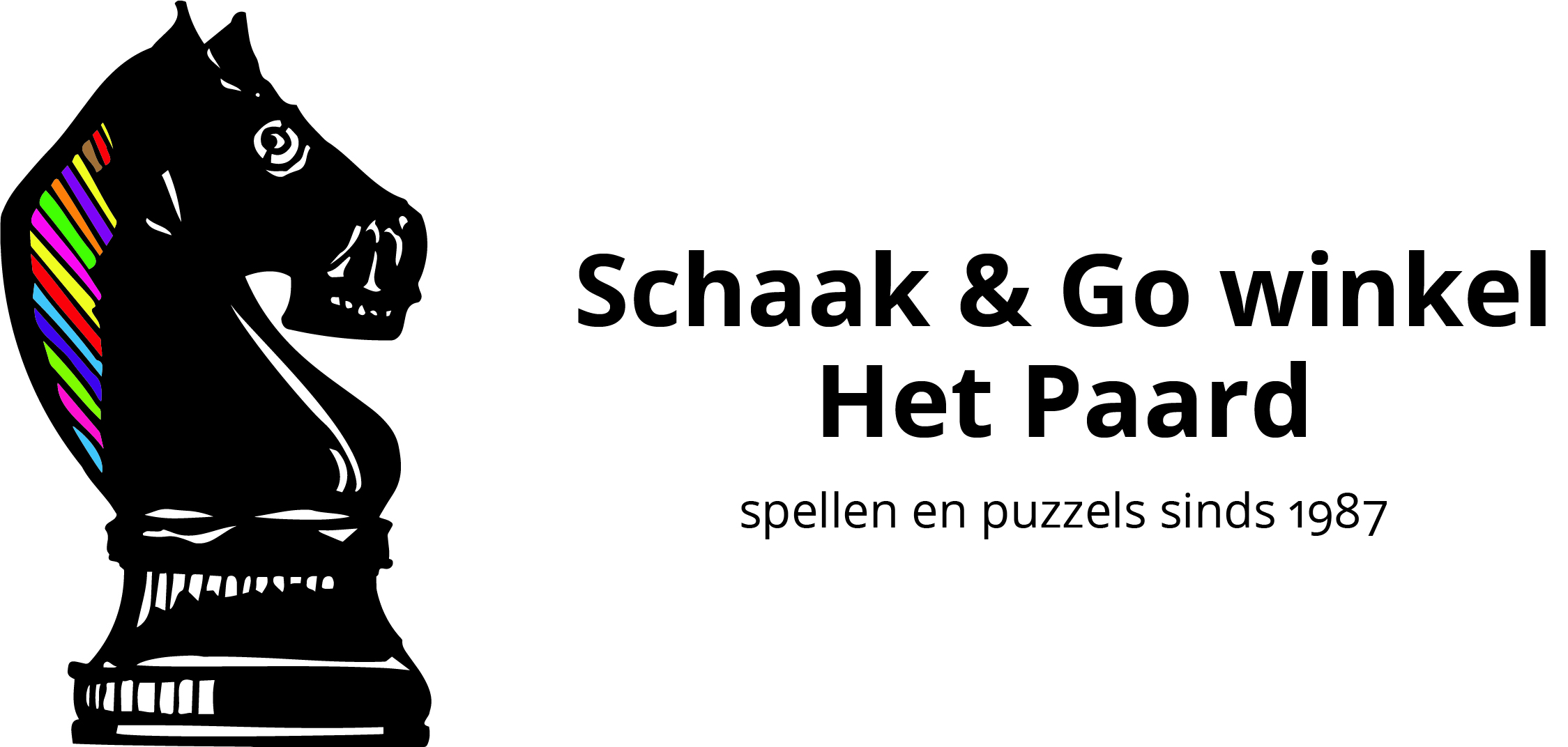In my last column I want to discuss why chess is such a beautiful game. Some come into contact with this game through brothers and sisters who had already been playing chess, or a passionate teacher or uncle. Many of my generation were inspired by the Dutch film Lang leve de koningin (‘Long Live the Queen’). For me, it was through a chess set my parents had bought on their first vacation and was displayed in the living room, which exerted a huge attraction on me as a kid.
Many positive qualities are attributed to chess: it teaches patience, analytical thinking and spatial insight. It would lead to less recidivism amongst criminals – it is not for nothing the game has become part of chivalry. In addition to these, I’d like to add responsibility: you have an entire army at your disposal, but if you make the wrong choices, your troops will diminish or you will even end up losing the war. Actions have consequences.
Nowadays, many parents think it’s important for children to participate in team sports because it’s supposed to teach how to work together as a group. In team sports, however, it is much easier to shift the blame onto other factors, such as a partisan referee or a poor quality of the sports field. Moreover, you can be in good form yourself, but still not win because the rest of your team is not. On the other hand, you don’t deserve victory if it just isn’t your day, but the rest of the team is in excellent shape. Chess is much fairer in this respect: if you win, you owe it to yourself, but if you lose, it’s entirely your own fault.
Furthermore, chess has the advantage that as a top athlete you don’t have to retire at the age of 35. Physical handicaps don’t have to be a problem either; I’ve also played against people who were hearing-impaired or using a wheelchair. Another argument for parents: apart from benefits for their development, it is good for children to see how people deal with their disabilities. The IBIS tournament in Haaksbergen for instance, unique in its kind, is focused on the integration of the blind and partially sighted people into the chess community.
Was Freud right about murdering the father? Or do we love playing chess because we all have a natural need to wage war? An average chess player is not immediately reminiscent of a warrior. My Russian teacher said that sometimes Russian grammar is prescribed in psychiatric hospitals because the irregularities and complexity of this language take patients’ minds off things. Perhaps the real reason is indeed more prosaic and the sole purpose of chess is to distract our sick minds as well.
FM Zyon Kollen studies Middle Eastern Studies at the University of Leiden. He won the Amsterdam Science Park Tournament in 2018 and he hunts for a norm at the Chess Festival. The 24-year old Kollen speaks six languages fluently, e.g. Finnish, Swedish and Portuguese. He is also a chess trainer, chess set collector and builder, and he writes reviews on chess books. His columns will be published every day on the website around 12 o’clock.

